Navigating the Turn: How Modern Democracies Grapple with the Rise of Populism
In recent years, the global political landscape has been marked by a significant rise in populism, a political approach that seeks to engage the common man by drawing a line between "the people" and "the elite." This rise is poised as a critical test for modern democracies that have long prided themselves on stable governance, respect for institutions, and the rule of law. The crux of the debate centers around the very nature of democracy itself: how to balance the will of the masses with the checks and balances that guard against authoritarianism.
Populist leaders have surged to power in various countries, challenging established norms and shaking the foundations of the political status quo. From Eastern Europe to Latin America and from North America to Asia, the populist tide seems to be marking its territory. The reasons for this seismic shift in global politics are multifaceted and often deeply rooted in the socio-economic fabric of societies.
At its core, the rise of populism can be associated with widespread discontent with globalization and a feeling among many that the benefits of a connected world are not reaching them. The economic crisis of 2008 acted as a catalyst, highlighting the disparities wrought by the liberal world order. In many countries, this has translated into a loss of faith in traditional political parties and their leaders, perceived as too distant, too technocratic, and too entangled in the very structures that seem to disadvantage the average citizen.
Coupled with economic grievances are cultural and identity concerns. In a rapidly changing world, where migration and cultural diffusion are more pronounced than ever, sections of the population feel threatened by a perceived loss of national identity and cultural cohesion. Populist leaders often tap into these fears, framing their narratives in terms of national revival, putting their own citizens first and promising to protect them from the effects of a globalized society.
Social media and the internet have also played a pivotal role in the rise of populism. They have given populist movements a platform to disseminate their ideologies, amplify their messages, and organize supporters with unprecedented effectiveness and speed. The traditional gatekeepers of information—newspapers, television, and radio—find their influence waning in the face of these new digital actors.
Yet, while populism is often framed as a negative force, it can also be seen as a symptom of the democratic process. It forces establishment politicians to re-evaluate and address the concerns of the general populace. In this sense, populism reflects the inherent dynamism of democratic systems, proving that they are responsive to public sentiment and capable of renewal and change.
Within this complex scenario, modern democracies are at a turning point. The response to the populist challenge cannot be to erode the democratic principles that allow for the diversity of opinions and the right of the people to choose their leaders. Instead, there should be a concerted effort to address the underlying issues that give rise to populist sentiment—economic disparity, cultural dislocation, and the perceived remoteness of political elites.
In Europe, the response to populism has varied. Some countries have seen mainstream parties adopting tougher stances on immigration and national sovereignty to win back voters. Others continue to debate how to integrate populist parties within the established political framework, without compromising core democratic values. The European Union itself, often seen as the epitome of the disconnected elite, has to contend with populist challenges to its legitimacy and function.
In the United States, populism's manifestation in the form of President Donald Trump's election in 2016 has led to a polarized political environment. While some view his administration as a necessary correction to the excesses of globalization and liberal politics, others see it as a threat to the democratic norms and institutions that have sustained the United States for centuries. The country's approach to dealing with this internal divide will be critical in shaping the future of its democratic processes.The Balancing Act: Defining the Democratic Response to Populism
As modern democracies consider how best to respond to the populist wave, the challenge becomes one of striking a delicate balance. On the one hand, it's crucial to listen to and address the legitimate concerns that are propelling populist movements—economic inequality, cultural anxieties, and a loss of confidence in traditional political structures. On the other hand, it is vital to uphold the democratic principles and institutions that safeguard against the potential for authoritarian overreach.
Some political analysts argue that the answer to populism lies in a recommitment to the basics of democratic governance: transparency, accountability, and inclusivity. By ensuring that governments are visibly working for the people—by reducing corruption, effectively managing public resources, and delivering on promises—trust in the system can be restored.
A second approach involves the need for democratization of information. In the digital age, where misinformation can spread quickly, democracies need to find a way to counteract false narratives without stifling free speech. This could involve promoting media literacy, supporting independent journalism, and perhaps even re-assessing the laissez-faire approach to digital platforms that currently holds sway.
A key element in addressing populist discontent is ensuring that economic benefits are more broadly shared. Addressing economic inequality isn't just a matter of social justice—it's a question of social stability and democratic health. Policies aimed at improving education accessibility, increasing job opportunities, and providing a social safety net can help address the sense of being left behind that fuels populist anger.
Moreover, a nuanced understanding of cultural concerns and identity politics is necessary. While preserving national heritage and unity is important, it is equally critical to foster an environment of mutual respect and tolerance. To this end, policies that promote integration and recognize diversity as a strength are required to create a cohesive society.
Finally, to counter the 'us vs. them' narrative often espoused by populist leaders, established political figures must eschew elitism and embrace a more populist style of engagement that is direct, honest, and empathetic. This doesn't mean copying populist tactics, but rather, finding ways to genuinely relate to and address the needs of all citizens.
Examples of the democratic response to populism are emerging. In some European countries, new coalitions are including moderate populist forces in governance, aiming to diminish their radical edges through engagement and responsibility. In others, a renaissance of civic education is being promoted to reinforce democratic values among young citizens.
In the United States, the aftermath of the 2020 election has shown both the strengths and vulnerabilities of democratic institutions. The robust turnout, together with judicial decisions upholding the electoral process amid unprecedented challenges, has demonstrated resilience. Yet the percolating tensions serve as a stark reminder that populism's energy can quickly become a disruptive force if left unaddressed.
To conclude, the rise of populism is both a test and a reflection of the state of contemporary democracies. It urges a rethinking of economic policies, cultural integration efforts, and the political engagement model. As the world navigates through this turbulent period, the enduring power of democracy lies in its ability to evolve, incorporate dissenting voices, and foster a society where diversity in thought and policy doesn't devolve into divisiveness, but rather, strengthens the collective resolve to build a more equitable and representative political arena. The path forward is not easily charted, but the guiding star remains a commitment to democratic values that underlies the essence of what it means to be a society governed by and for the people.



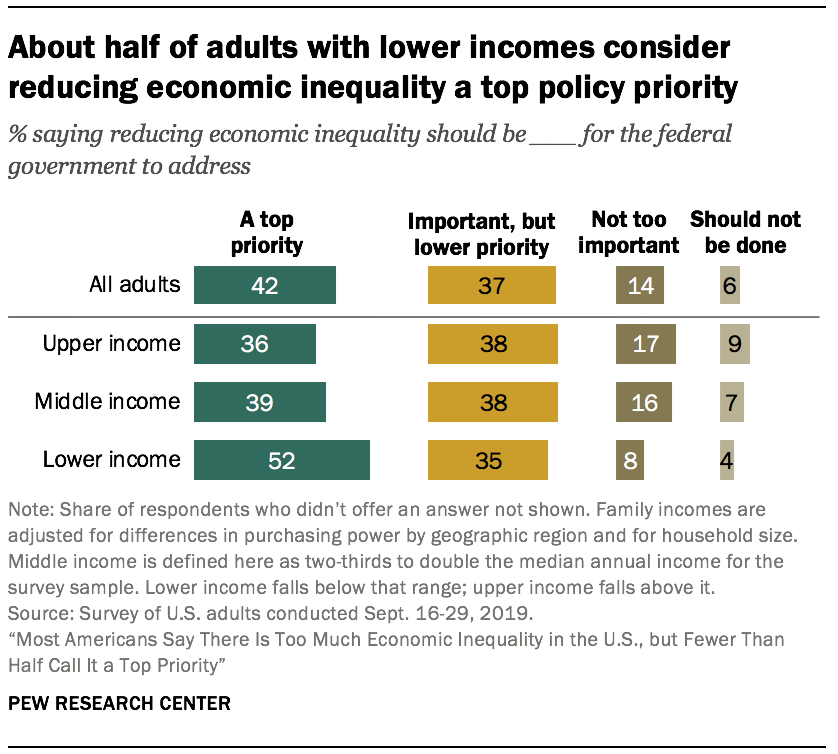
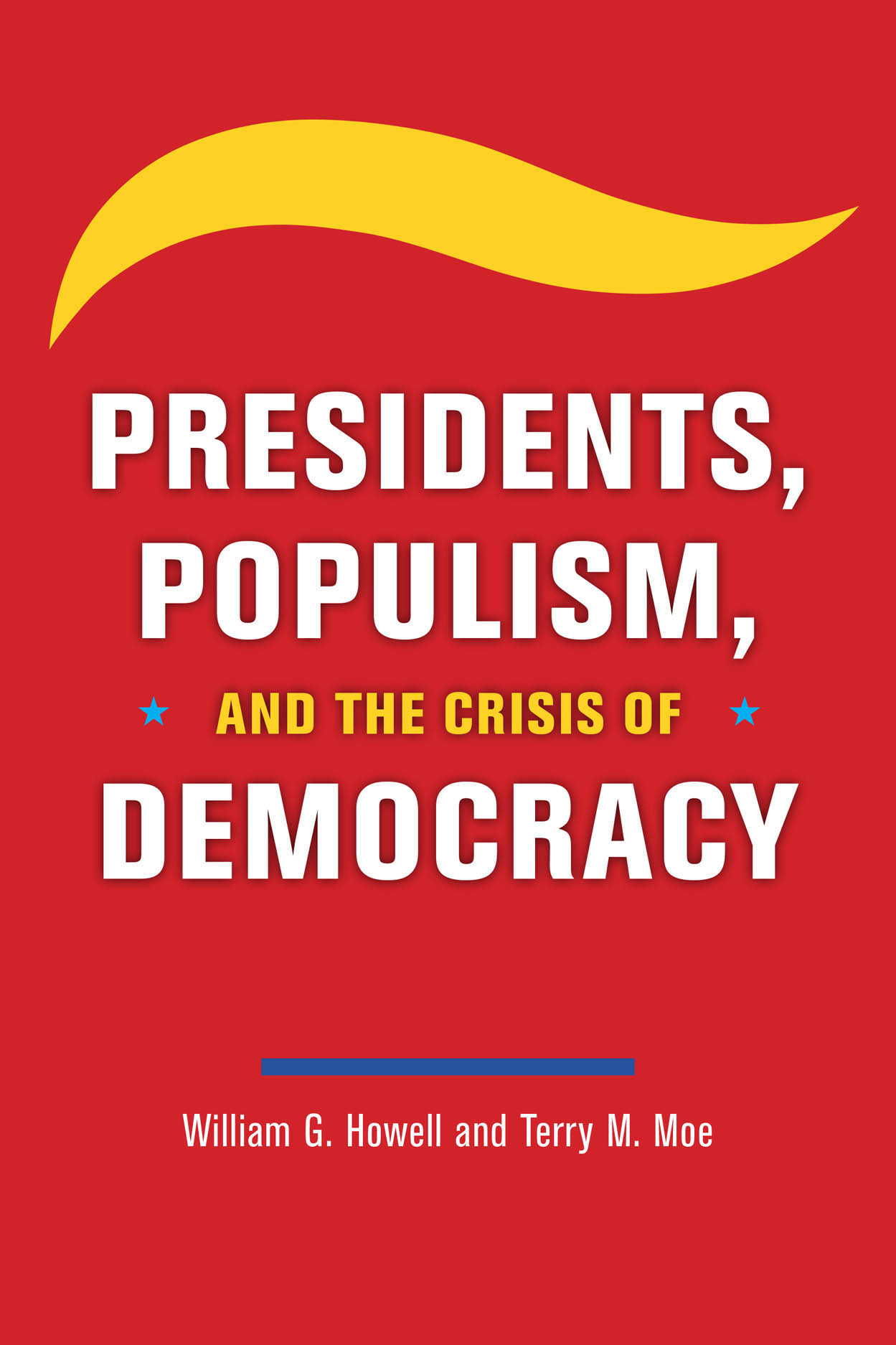


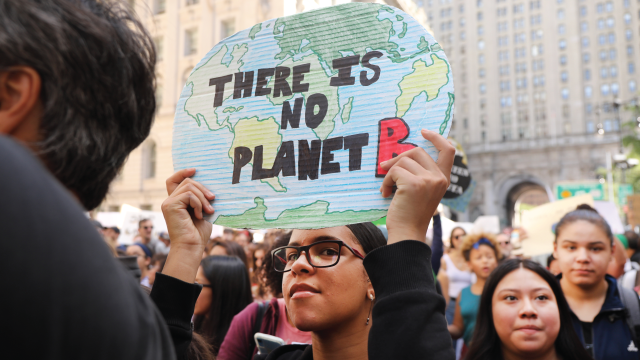


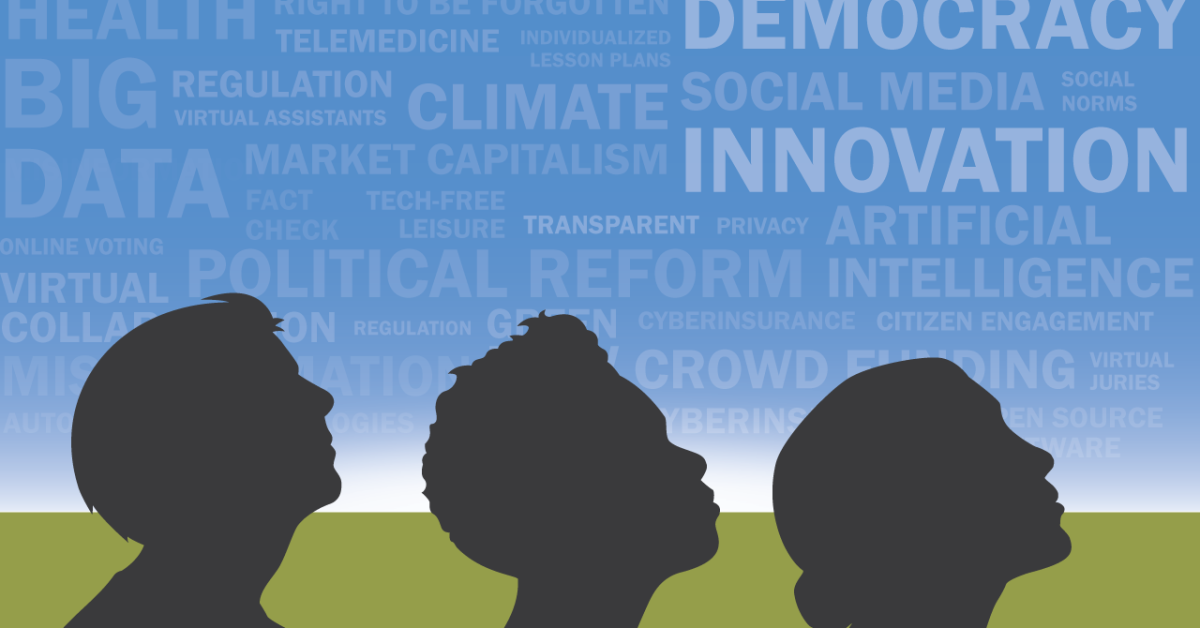


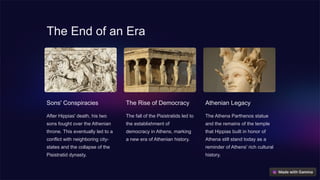


Comments